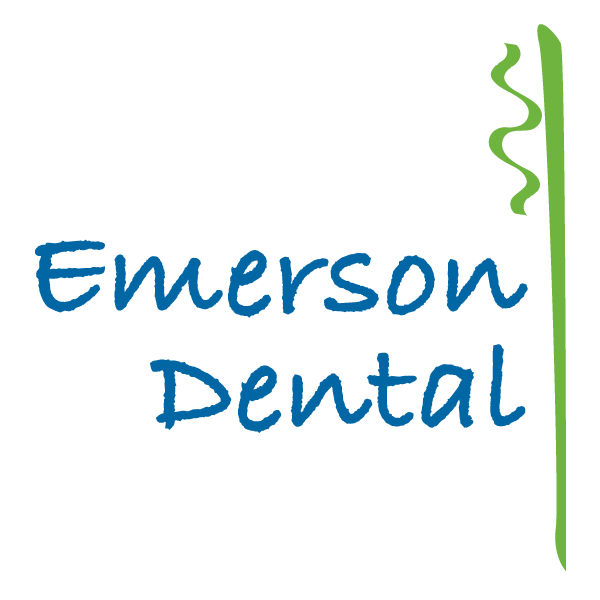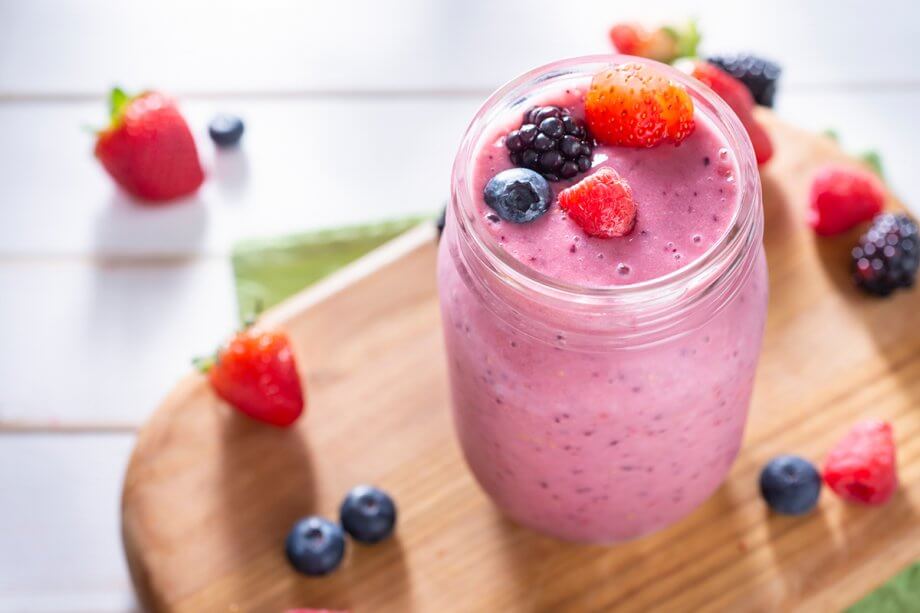Most people are aware that sugary foods and drinks are best avoided for healthy teeth and gums, but there’s a lot more to know about how your diet affects your dental health. Understanding the link between nutrition and oral health will help you keep your smile healthy for a lifetime.
Eating for Dental Health
The American Dental Association recommends that all Americans follow the dietary guidelines laid out by the United States Department of Agriculture (USDA) for optimal dental health. According to the USDA’s MyPlate website, this means:
- Plenty of fresh produce. Fruits and vegetables should make up half of your plate at each meal.
- Healthy whole grains. Whole grains, such as brown rice and oatmeal, are preferred over refined grains like white flour.
- Dairy. Preferably low-fat or fat-free.
- Lean protein. Consume at least eight ounces of seafood each week, as well as a variety of other animal, egg, and plant-based proteins.
Phosphorus and calcium are both important minerals for the formation and maintenance of healthy tooth enamel. Cheese, yogurt, leafy green vegetables, milk, and almonds are all calcium-rich foods that are beneficial for your dental health. Protein-rich animal foods, such as beef, poultry, fish, dairy, and eggs, are the most common sources of phosphorus in our diets.
Of course, in addition to eating for dental health, we need to also drink for dental health: fluoridated water and milk keep your teeth strong and prevent tooth decay.
Foods That Cause Tooth Decay
It should come as no surprise that sugar is the number one cause of tooth decay. Excessive quantities of sugar are found in desserts like cakes and cookies, hard and sticky candies, and even carb-heavy snack foods like potato chips and pretzels, which stick to the chewing surfaces of your teeth after you eat them. Drinking sugary beverages like juice and soda coats your entire mouth in sugar, which is even worse than eating sugary foods.
Sugar buildup on the teeth provides the ideal environment for bacteria to thrive. Plaque is formed on the teeth when sugar, other food particles, and bacteria combine. This plaque can harden into calculus, which can only be removed with professional dental tools during a dental cleaning.
Acid is produced when bacteria feed on sugar, which eats away at the tooth enamel, setting the stage for decay. Acidic foods such as citrus fruits and tomatoes are best consumed as part of a meal and not on their own, as they can also cause enamel erosion.
Avoid Snacking
Avoid snacking and drinking beverages other than water between meals for optimal dental health. If you must snack in between meals, opt for nutritious snacks over sugary or high-carbohydrate convenience foods. A cheese stick, a handful of nuts, a slice of non-acidic fruit, or vegetable sticks with hummus are excellent choices for your dental health.
Learn More About Diet and Dental Health
Do you have questions about how your eating habits impact your teeth and gums? Contact us today to schedule an appointment at one of our two Massachusetts locations.

